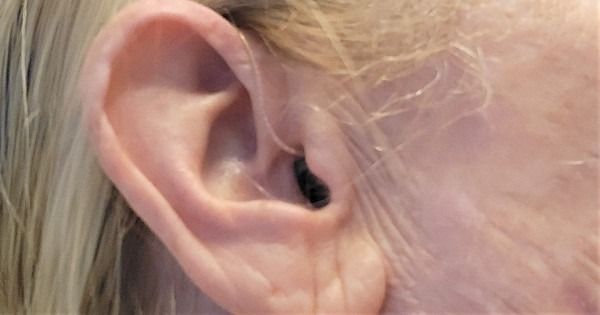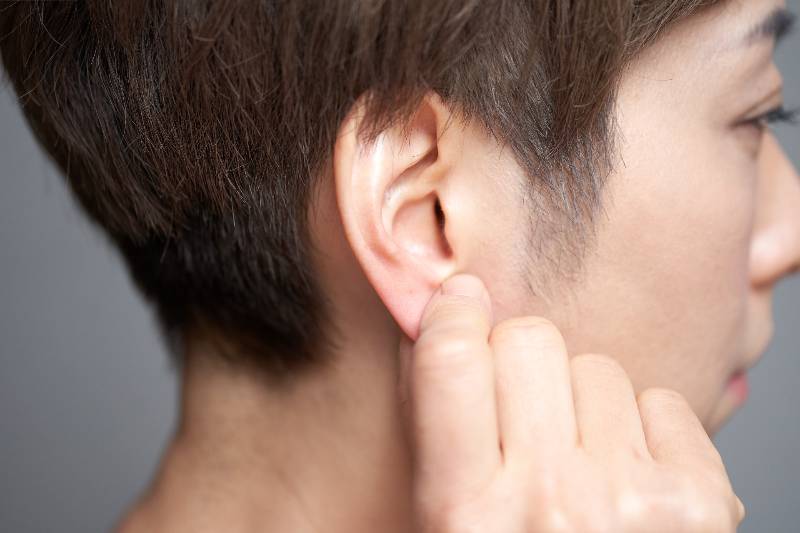The role of genetics in pulsatile tinnitus is a critical area of study. Family history can significantly influence an individual’s likelihood of developing this condition. Research indicates that certain genetic factors, which may be more prevalent in specific ethnic groups, can predispose individuals to vascular conditions that lead to pulsatile tinnitus. These include hypertension, atherosclerosis, and other blood flow irregularities. Understanding the genetic component is vital for early detection and effective management, especially for those with a family history of related vascular conditions or tinnitus.
Moreover, genetic counseling and testing might offer valuable insights for individuals with a family history of pulsatile tinnitus. This knowledge can guide healthcare providers in tailoring prevention and treatment strategies, potentially reducing the risk or severity of the condition in predisposed individuals.
Quiz on Pulsatile Tinnitus
What role does family history play in pulsatile tinnitus?
- A. No influence
- B. Minor influence
- C. Significant influence
- Answer: C. Significant influence
Can genetic factors predispose individuals to pulsatile tinnitus?
- A. Yes, they can
- B. No, genetics are unrelated
- C. Only in rare cases
- Answer: A. Yes, they can
Is pulsatile tinnitus equally common across all ethnic groups?
- A. Yes, it’s equally common
- B. No, prevalence varies
- C. There’s no data available
- Answer: B. No, prevalence varies
FAQ Section
Q1: How does genetics influence the risk of pulsatile tinnitus? A1: Genetics can play a significant role in the development of pulsatile tinnitus. Individuals with a family history of vascular conditions or tinnitus are at a higher risk, as genetic factors can predispose them to conditions that cause pulsatile tinnitus.
Q2: Should individuals with a family history of pulsatile tinnitus be more vigilant? A2: Yes, individuals with a family history should be more vigilant. Regular check-ups and monitoring for symptoms can aid in early detection and effective management of the condition.
Q3: Can genetic testing be useful for individuals at risk of pulsatile tinnitus? A3: Genetic testing can provide insights into the risk of developing pulsatile tinnitus, especially for those with a family history, aiding in preventive strategies and personalized treatment plans.
Q4: Are there specific ethnic groups more predisposed to pulsatile tinnitus? A4: Research suggests that certain ethnic groups may have a higher predisposition due to genetic factors. However, pulsatile tinnitus can affect individuals from any ethnic background.
Practical Tips and Tricks for Managing Pulsatile Tinnitus
- Regular Cardiovascular Monitoring: For those with a family history of vascular issues, regular monitoring of cardiovascular health is crucial.
- Lifestyle Modifications: Maintaining a healthy lifestyle, including a balanced diet and regular exercise, can help manage risk factors associated with pulsatile tinnitus.
- Stress Management Techniques: Engaging in activities like yoga, meditation, or deep breathing can help alleviate symptoms exacerbated by stress.
- Sound Therapy: Using white noise machines or tinnitus masking devices can provide relief by distracting from the pulsatile noise.
- Seek Professional Guidance: Regular consultations with healthcare providers are essential, especially for those with a genetic predisposition to pulsatile tinnitus.
Myths vs. Facts about Pulsatile Tinnitus
Myth: Pulsatile tinnitus is always caused by serious health issues. Fact: While it can be linked to health conditions, not all cases are indicative of serious problems. However, medical evaluation is always recommended.
Myth: There are no effective treatments for pulsatile tinnitus. Fact: Various treatment options are available, including managing underlying conditions, sound therapy, and lifestyle changes.
Myth: Pulsatile tinnitus cannot be influenced by lifestyle changes. Fact: Lifestyle changes can significantly impact the management of pulsatile tinnitus, especially in individuals with a genetic predisposition.
Google Snippets
Snippet for “Pulsatile Tinnitus” “Pulsatile tinnitus is a condition where individuals hear a rhythmic noise, often in sync with their heartbeat, caused by blood flow changes near the ears.”
Snippet for “Genetic Factors in Pulsatile Tinnitus” “Genetic factors can predispose individuals to pulsatile tinnitus, especially those with a family history of vascular conditions or tinnitus.”
Snippet for “Managing Pulsatile Tinnitus” “Managing pulsatile tinnitus involves regular cardiovascular monitoring, lifestyle changes, stress management, and sound therapy, tailored to individual needs.”
National Institute on Deafness and Other Communication Disorders (NIDCD) – Tinnitus




